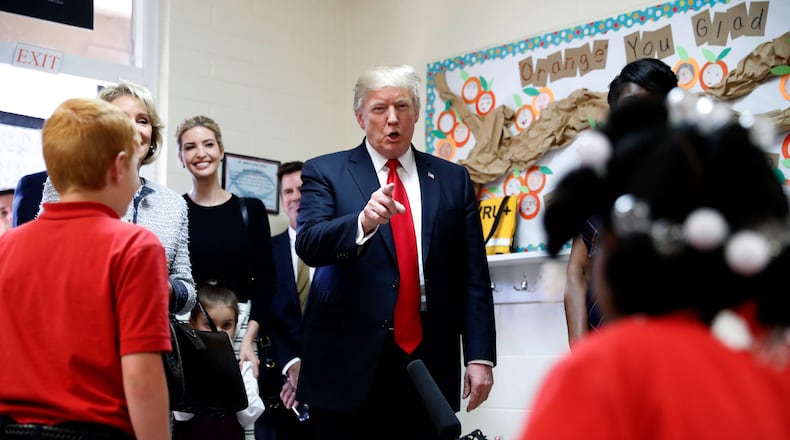Monkeys were taught in an experiment to hand over pebbles in exchange for cucumber slices. They were happy with this deal.
Then the researcher randomly offered one monkey — in sight of a second — an even better deal: a grape for a pebble. Monkeys love grapes, so this fellow was thrilled.
The researcher then returned to the second monkey, but presented just a cucumber for the pebble. Now, this offer was insulting. In some cases the monkey would throw the cucumber back at the primatologist in disgust.
In other words, the monkeys cared deeply about fairness. What mattered to them was not just what they received but also what others got.
Monkeys aren’t the only primates instinctively offended by inequality. For example, two scholars examined data from millions of flights to identify what factors resulted in “air rage” incidents. One huge factor: a first-class cabin.
An incident in a coach section was four times as likely if the plane also had a first-class cabin; a first-class section increased the risk of a disturbance as much as a nine-hour delay did.
Keith Payne, a professor of psychology at the University of North Carolina at Chapel Hill, tells of this research in a brilliant new book, “The Broken Ladder,” about how inequality destabilizes societies. It’s an important, fascinating read arguing that inequality creates a public health crisis in America.
The data on inequality is, of course, staggering. The top 1 percent in America owns more than the bottom 90 percent. And what’s becoming clearer is the fraying of the social fabric that results.
Payne challenges a common perception that the real problem isn’t inequality but poverty, and he’s persuasive that societies are shaped not just by disadvantage at the bottom but also by inequality across the spectrum.
The dysfunction affects not only those at the bottom, but also the lucky ones at the top. Consider baseball: Some teams pay players much more disparately than others do, and one might think that pay inequality creates incentives for better performance and more wins.
In fact, economists have crunched the data and found the opposite is true. Teams with greater equality did much better, perhaps because they were more cohesive.
People seem to understand this truth intuitively, for they want much less inequality than we have. In a study of people in 40 countries, liberals said CEOs should be paid four times as much as the average worker, while conservatives said five times. In fact, the average CEO at the largest American public companies earns about 350 times as much as the average worker.
Presented with unlabeled pie charts depicting income distributions of two countries, 92 percent of Americans said they would prefer to live with the modest inequality that exists in Sweden. Republicans and Democrats, rich and poor alike — all chose Sweden by similar margins.
"When the level of inequality becomes too large to ignore, everyone starts acting strange," Payne notes. "Inequality divides us, cleaving us into camps not only of income but also of ideology and race, eroding our trust in one another."
Think of those words in the context of politics today. So much of the national conversation now is focused on President Donald Trump, for understandable reasons. But I suspect that he is a symptom as well as a cause, and that to uncover the root of our national dysfunctions we must go deeper than politics, deeper than poverty, deeper than demagoguery, and confront the inequality that is America today.
About the Author
Keep Reading
The Latest
Featured


